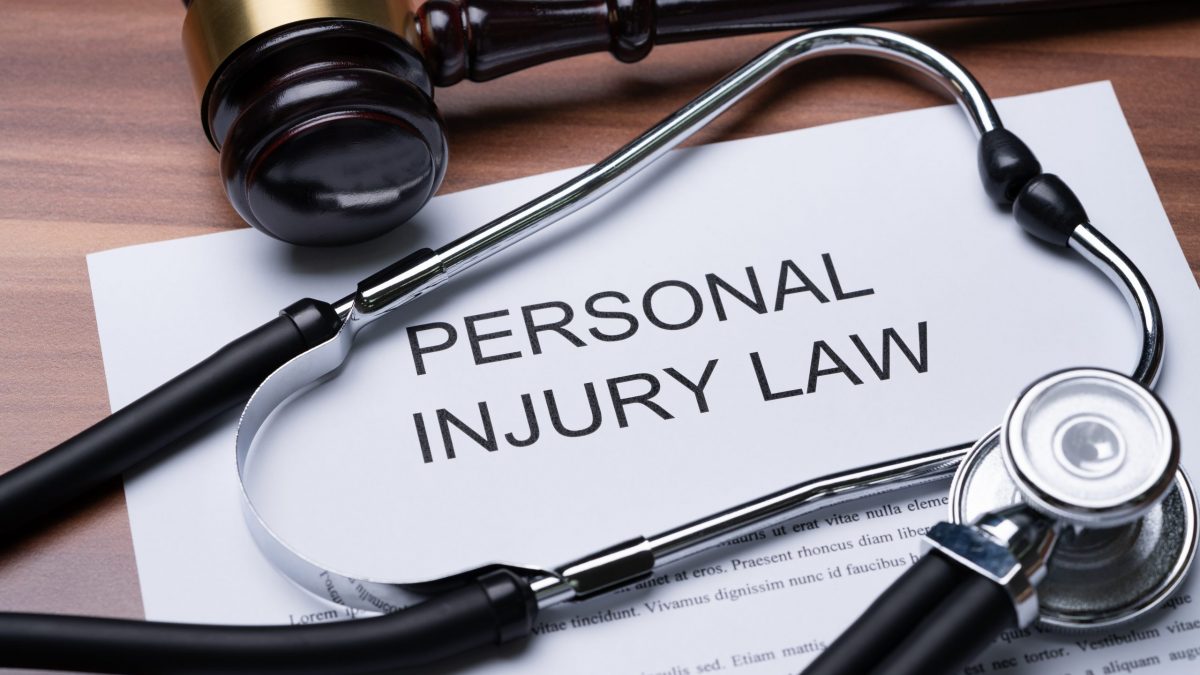
Law or medicine? A lawyer’s tips on how to choose.
March 14, 2022
Thinking about starting a career in law? Here are 6 important aspects to keep in mind
March 14, 2022Did you finally decide to pursue a law career and that as a personal injury solicitor is the one that interests you the most? It’s understandable – being a personal injury solicitor will give you a sense of satisfaction. They’re lawyers who help people obtain compensation after being the victims of an accident, negligence, financial loss, etc. In such cases, individuals are psychologically and physically affected, and their quality of living decreases significantly.
You can help them pick up their lives and make justice if you become a personal injury solicitor. You should know that this career is as challenging as rewarding since you have to follow a long path to arrive at the destination. But if you’re truly passionate and dedicated to work and continually grow, there shouldn’t be a problem.
We want to help you understand what this profession is all about and compiled in this regard some useful insights:
How to become a personal injury solicitor
Personal injury solicitors have a bright future in the realm of the law, but their journey is by no means a short one. Here’s what you need to know if you aspire to such a career:
Attend university
Obviously or not, you have to go to university before starting a career in personal injury law. It’s one of the main ways to become a personal injury solicitor, but you can’t just apply, and that’s it. Law universities are looking for candidates who possess specific qualifications, in most cases A-level qualifications. Still, it’s not excluded that some require high results at the G.C.S.E. (General Certificate of Secondary Education) exam.
You’ll have a degree at the end of the university that will directly propel you to the next step.
Legal practice course
As we all know, practice is the mother of learning. It’s imperative to take the legal practice course to have a career in personal injury law. You should know that this course implies two stages: the one that focuses on core practice areas of litigation and one that allows you to study specialist legal areas, also the moment when you choose your vocation. There are several personal injury practice areas, such as medical malpractice, wrongful death, car accidents, gas explosions, and so on. Still, it’s crucial to specialise in just one of them to become a professional. After all, the core of every specialisation is the help you provide to the people exposed to injustice.
Training
After completing the legal practice course, it’s time to gain experience in a professional environment, and how else could you do that if not during the training period? Training is crucial in developing essential skills for your future profession and enlarging your horizons. However, it would be best to know that the training period will likely last longer than you might expect, which is for two years. Exceptions are made when trainees have already completed some training courses or have enough experience in the domain. You also have the chance to attend the professional skills course that will further guide you in personal injury law by enhancing your knowledge and providing you with additional information that you may have missed during the professional training. This course takes 48 hours and another 24 hours for further tuition. So, putting theory into practice, especially in law careers, is more than necessary.
Admission
Now that you have all the required qualifications and experience, you can apply to become a personal injury solicitor. Your dream can finally come true after years of hard work and dedication. You’ll submit your application to the roll of solicitors in England and Wales (S.D.A.), and all you need to do is wait for your application to be accepted.
When you start your career in personal injury law, you’ll probably work with companies like How-To-Sue.co.uk that allow you to excel as a specialist. Depending on the areas you choose to specialise in, you’ll encounter hundreds of cases when people must be done justice, and you do help them in this respect.
Types of personal injury cases
As we already mentioned, there are several areas you can choose from when attending the legal practice course, hence the variety of cases you can encounter.
Here’re some of the most common personal injury cases:
Medical malpractice
Medical negligence can happen to anyone. Some examples include misdiagnosis, incorrect surgical procedures, and improper medication. No matter the severity of the consequences, it’s a life-changing error that affects victims physically and mentally. Patients can find themselves disfigured after surgery, with persistent pain, scars, or even loss of limbs. In such cases, trauma is so powerful that it will completely change one’s life. The victims’ recovery is the most important, but it would help if they were done justice and compensated for the doctors’ carelessness.
Motor vehicle accident
People frequently get involved in car accidents caused by someone else’s negligence. And just because you can’t stop them from taking place, it doesn’t mean you can’t make justice for the affected party. Injuries that may occur due to a vehicle accident include whiplash, knee and back injuries, and fractured bones. And even if they seem inoffensive initially, they can lead the people to severe pains. So, if they have the right to make a claim, you can help them get compensation for others’ reckless actions.
Wrongful death
Wrongful death is defined as a fatality caused by others’ negligent acts, such as medical malpractice and car accidents. The close relatives of the deceased can bring a claim in a civil action and prove the injustice that has been done to their loved one. In such situations, seeking justice may seem irrelevant, but compensation can help the relatives cover the funeral costs and feel a sense of release, knowing that the guilty party has paid for their wrongdoing.
Workplace accident
Accidents at work happen more often than you think, in the form of company-owned vehicle accidents, exposure to harmful substances, crashes or collisions, struck by equipment or falling objects, slips, trips, falls, etc. These physically injurious events can lead to severe harm and trauma and need to be addressed as a claim to insurance.
That being said, we hope you find our insights helpful and make the best decision for your career path.





